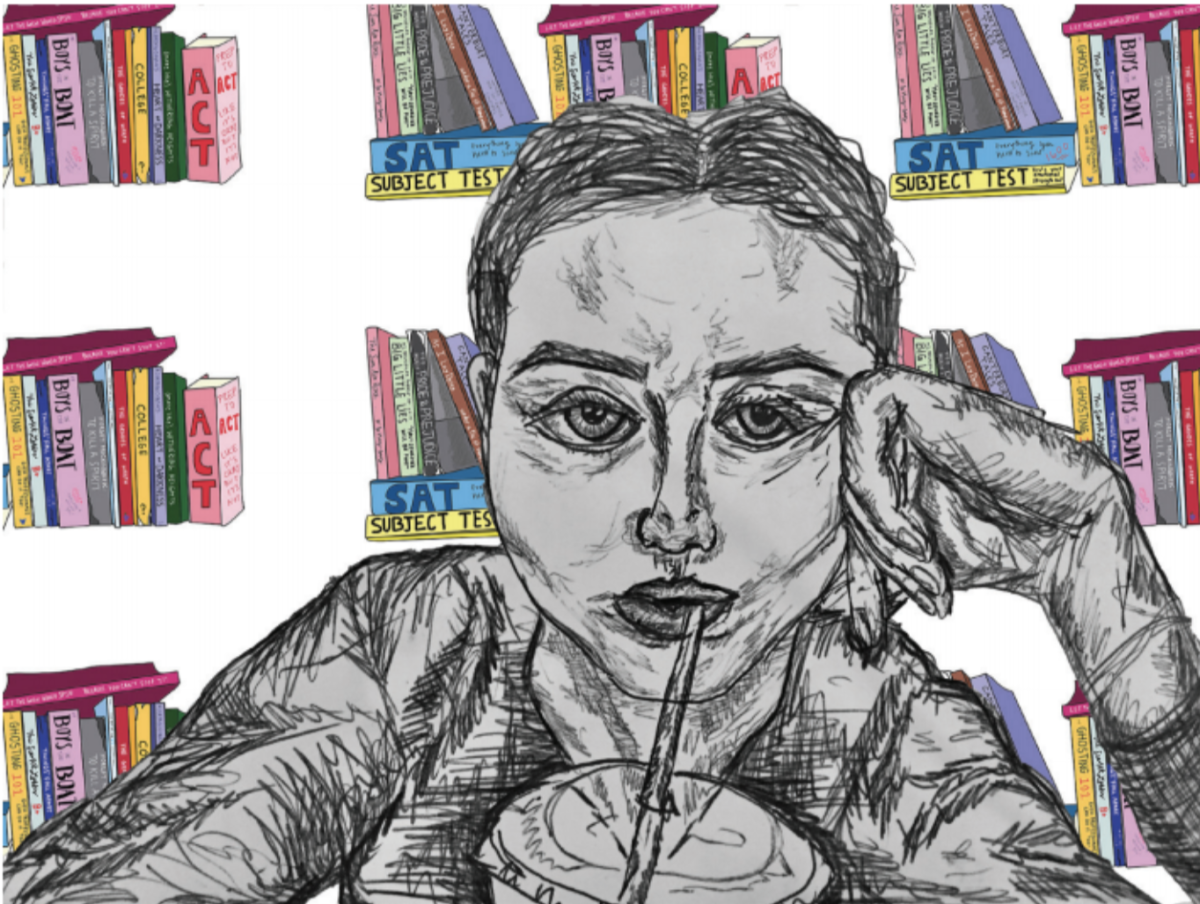Ari ’14
Banning prostitution will never eliminate it entirely, especially when acknowledging the fact that where there is demand, there will be supply. We should accept that “the world’s oldest profession” will not disappear anytime soon. Instead of trying to eliminate it, which would further increase the criminalization of prostitution and drive it farther underground, we should strive to make it a safer, less discriminatory, more controlled and more profitable enterprise.
Current anti-prostitution laws victimize prostitutes by tolerating violence committed against them. These laws increase social stigmas and raise the prevalence of street prostitution, thus reinforcing society’s belief that prostitutes are undeserving of the same legal protections as members of other professions. The laws typically prosecute prostitutes, who account for 90% of prostitution-related arrests, and not their clients.
In addition, anti-prostitution laws ultimately victimize the most defenseless prostitutes. Only 20% of prostitutes are street prostitutes, yet they make up 85-90% of those arrested for prostitution. Also, prostitutes tend to fear the police due to rights violations perpetuated by current anti-prostitution laws. The current legal system has created a situation in which prostitutes often have their basic rights violated and disrespected. This prevents them from accessing legal advice and often leads them to plead guilty, as they are not aware that the evidence being used against them is often inadequate or inadmissible.
The existing system also wastes enormous sums of money, which could be better spent pursuing those who commit violent crimes against prostitutes. Cities in the United States spend from one million to 23 million dollars on controlling prostitution, averaging $7.5 million yearly, yet prostitution has not been prevented or eliminated. Instead, it has been driven farther underground, making prostitutes more vulnerable to rights violations committed by clients, pimps, and cops. If this money were used more effectively, it could be infinitely advantageous. For example, it costs $2000 to prosecute a prostitute and only $500 to analyze a rape kit, yet thousands of rape kits go unanalyzed each year because police departments can’t afford the analysis fees.
In addition, legalizing prostitution would create a significantly safer and less violent environment for both the prostitutes and their clients. It would also put prostitutes in control of their own finances, whereas under the current system, many prostitutes are at the mercy of their pimps, who unjustly seize enormous chunks of their incomes.
Legalization would give prostitutes employment rights and benefits ranging from better health care to protection from violent clients and exploitation. Security cameras, the protection of the police force, safe, sanitary brothels, and STD testing are just a few examples of measures that could be taken to protect the health and safety of prostitutes.
Legalization would also require entrepreneurs to apply for permits, allowing the government to regulate existing brothels. Legalization is the only way that prostitutes can control their own bodies and be free from exploitation by pimps or johns, through a system that promotes their well-being and emphasizes their rights as human beings with legal, valid professions.
Men and women should have the right to do with their bodies what they want. When members of our society choose to pursue prostitution as a career, to ensure that they receive the safety and rights to which they are entitled is through legalization.
Sonia ’14
Despite being the world’s oldest profession, prostitution is only legal in the United States in Nevada. Proponents of the legalization of prostitution argue that the country should take further steps to ensure it is permitted nationwide. However, proponents of the issue fail to realize that doing so would not promote gender equality or empowerment. Rather, it would condone the violence, sexual exploitation, and modern day slavery of (most often) women and young girls. Moreover, prostitution, regardless of its legality, poses a threat to the health of prostitutes and their clients.
The decriminalization or legalization of prostitution would not protect sex workers from the many dangers of their profession. Commercial sex workers are susceptible to verbal, physical, and sexual abuse, and, according to a report by Susan Kay Hunter, they are exposed to the possibility of rape at an average of once a week. In one Dutch study cited by Melissa Farley, “sixty percent of women in legal prostitution were physically assaulted, 70% were threatened with physical assault, 40% experienced sexual violence and 40% had been coerced into legal prostitution.” In addition, Mayor Job Cohen of Amsterdam, which legalized prostitution in 2000, conceded that the legalization of prostitution did not make the industry safer. Rather, it increased organized crime and trafficking. Eighty percent of women in Dutch prostitution have been trafficked. Prostitution is hardly ever a choice. Even in the United States, the FBI currently believes 85% of commercial sex workers are exploited through some form of force, fraud, or coercion.
Prostitution also promotes a culture in which women are objectified and treated as commodities that can be sold and exchanged. People feel that prostitution is justified in circumstances of extreme poverty, but we do not often see men asked to pick themselves up from poverty by turning tricks for a quick buck. Instead, it is women who we expect to dance on tables and offer a range of services to seedy clients. By enacting policy to legalize prostitution, the government would condone human trafficking.
Even if the legalization of prostitution allowed for the institution of a health care system for sex industry workers, the health care system would still be ineffective and, as such, detrimental to the health of many. In a study of Germany’s legal prostitution, less than one tenth of 1% of sex workers make use of the health insurance system. The possibility of contracting HIV/AIDS would still be high.
Jeffrey J. Barrows, Health Consultant on Human Trafficking for the Christian Medical Association, explains, “Even if a prostitute is being tested every week for HIV, she will test negative for at least the first 4-6 weeks and possibly the first 12 weeks after being infected…. This means that while the test is becoming positive and the results are becoming known, that prostitute may expose up to 630 clients to HIV. This is under the best of circumstances with testing every week and a four-week window period. It also assumes that the prostitute will quit working as soon as he or she finds out the test is HIV positive, which is highly unlikely.”
The selling of bodies should not be tolerated. As shown by Sweden’s recent adoption of strict enforcement of anti-prostitution laws and as explained in a journal article by Reproductive Health Matters, the most successful elimination of trafficking occurs not when prostitution is legalized, but when it is prohibited.















